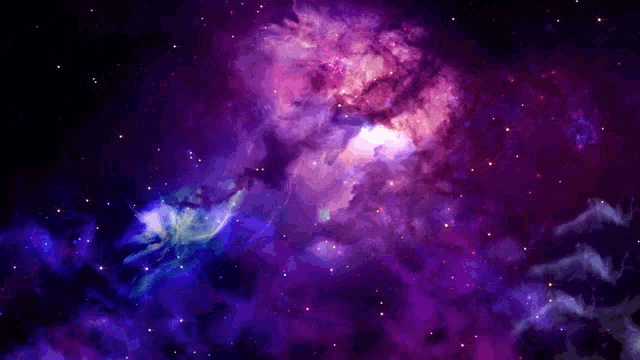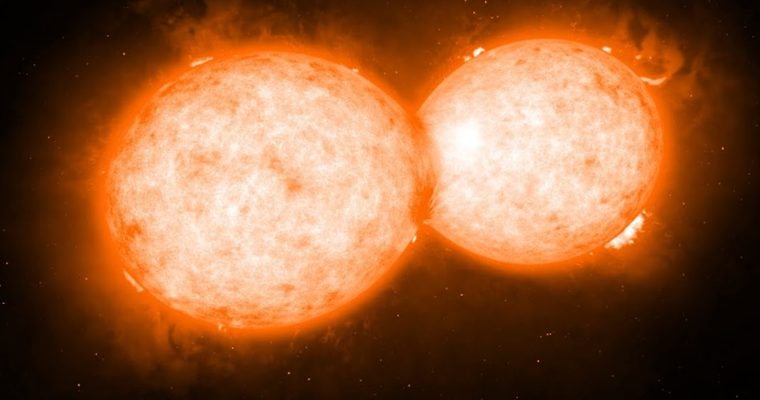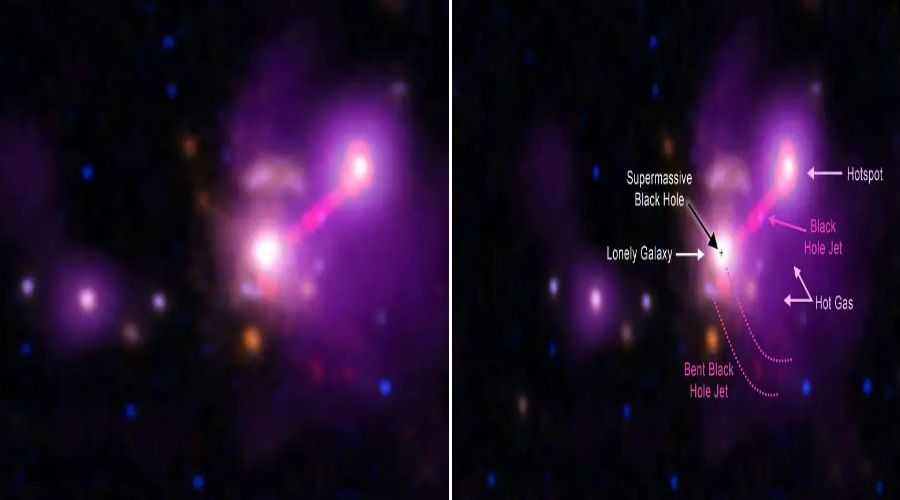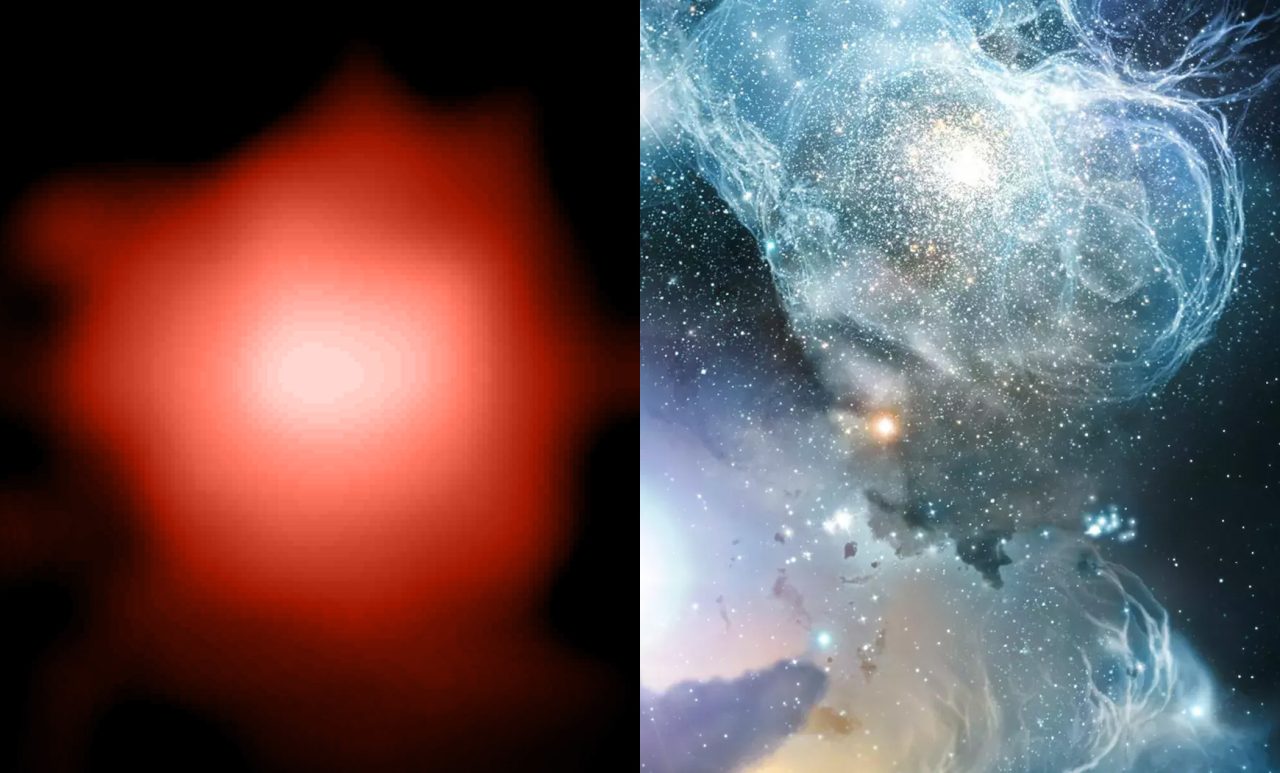Some crucial cosmic mysteries aren’t finished with us.
For example, dark matter has become an integral part of our understanding of how galaxies come into being, evolve, and form solar systems like ours (even though we don’t really know what it is). But a series of recent observations are beginning to reveal gaps in this body of theory, as some galaxies seem to be doing just fine without the mysterious force.
And a team of astronomers has discovered another galaxy without a single trace of dark matter, despite repeating measurements for forty hours with the most advanced telescopes in operation, according to a forthcoming study in the Monthly Notices of the Royal Astronomical Society that’s already available on a preprint server.
/img/iea/nZwXkxV76v/evidence-indicates-a-new-kind-of-galaxy-with-zero-dark-matter.jpg)
The universe just keeps getting stranger.
The motion of a galaxy is explained with zero dark matter
Called AGC 114905, the bizarre galaxy is one of six discovered with little to no dark matter. And upon confirming that this was actually the case, Pavel Mancera Piña from the University of Groningen and ASTRON, in the Netherlands, along with his colleagues, were instructed to “measure again, you’ll see that there will be dark matter around your galaxy”. according to a press release. But after forty more hours of extremely in-depth observations via the Very Large Array (VLA) in New Mexico, the evidence strongly indicated the existence of a new kind of galaxy that has no dark matter whatsoever. The specific galaxy under scrutiny in the forthcoming study, AGC 114905, is an ultra-diffuse dwarf galaxy, roughly 250 million light-years from Earth. The “dwarf” modifier signifies its luminosity, not its size (it’s a big dim one, roughly the size of our own Milky Way).
But despite the dwarf galaxy’s similar size, it has one thousand times fewer stars than our galaxy. But the galaxy’s lack of dark matter challenges the consensus on how galaxies work. Namely, it’s believed that all galaxies, large or small, dwarf of colossal, are held together by the force of dark matter. But in the wake of the study, the researchers drafted a graph that displayed the distance of rotating gas from the galaxy’s center on the x-axis, with the rotation speed of the same gas on the y-axis. This is a conventional means of revealing the presence of an unknown force: namely, dark matter. But according to the data, the motion of gas in AGC 114905 can be explained completely by normal matter.
We might have a different class of galaxies on our hands
“This is, of course, what we thought and hoped for because it confirms our previous measurements,” said Piña, in the press release. “But now the problem remains that the theory predicts that there must be dark matter in AGC 114905, but our observations say there isn’t. In fact, the difference between theory and observation is only getting bigger.”

In the forthcoming publication, the research team lists several feasible explanations for the missing dark matter. One suggests the dark matter may have been stripped away by nearby galaxies of large scale. But Piña downplayed this idea, because “there are none. And in the most reputed galaxy formation framework, the so-called cold dark matter model, we would have to introduce extreme parameter values that are far beyond the usual range.”
“Also with modified Newtonian dynamics, an alternative theory to cold dark matter, we cannot reproduce the motions of the gas within the galaxy,” added Piña in the release. However, the researchers think one more assumption might alter their initial conclusions. If they take into account the estimated angle at which we view the galaxy from Earth, maybe this could account for the missing dark matter. But alas, “that angle has to deviate very much from our estimate before there is room for dark matter again,” said Tom Oosterloo a co-author of the study from ASTRON, in the release.
This study comes on the heels of an earlier one by the Dutch-American Pieter Van Dokkum (from Yale), who uncovered a galaxy with almost zero dark matter. While the techniques of studying and analyzing these oddball galaxies may vary, the commonality is striking, and means one thing: We might have to strive to understand a different kind of galaxy that requires zero dark matter to subsist through the eons of ancient cosmic time.
Source: amazingastronomy.thespaceacademy.org





